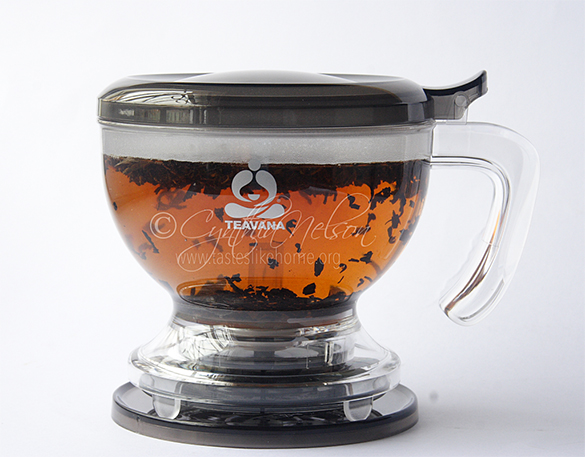
Out of the corner of my eye, I see the tea leaves slowly drift and settle to the bottom of the jug, an indication that they have yielded their elixir and the tea is ready for drinking. I pour the tea into my waiting large mug, add some sugar and a couple splashes of milk and stand upright as I stir absentmindedly. Again, lost in thought. With hands wrapped around the cup, taking sips of the tea, I watch as vehicles speed by (unnecessarily and inconsiderately), stirring up the volcanic ash that thickly carpets the road and sidewalk. I could see the powder-like, minerals-sulphur-rock-glass particles dancing outside the shut window.
As I stood at the window on Tuesday, the fourth day into the ash-fall from the erupting La Soufrière volcano in St Vincent, several things crossed my mind, in no particular order.
• One is the effect that the eruption will have on the agriculture industry, not only in St Vincent and the Grenadines but also in Barbados. As I write this column, Deputy Prime Minister of St Vincent and the Grenadines Montgomery Daniel, is reporting that the agriculture sector on the north-eastern side of the country is now non-existent. All tree crops have been destroyed and only stems are standing in some cases. Breadfruit, coconut, mango, soursop, plantain and banana trees – all gone. The ashfall in some areas is so deep that root crops such as yam, dasheen, ginger and others, “all have been lost and not a single blade of grass can be seen on those farms,” said Mr Daniel. He went on to say that there was not going to be much food available from that area for quite a long time.
• Nevertheless, in the midst of the crisis to the sector and the country, St Vincent and the Grenadines will be able to meet its export of root crops to neighbouring Trinidad and Tobago on Monday (coming).
• Here in Barbados, small farms, particularly those in the north of the island, have been affected by the heavy ashfall, in some cases farmers have lost all their crops. The upside is that in the long erm, it is likely to have a positive effect on the soil providing it with much needed nutrients. It is reported that twice in the history of volcanic ashfall in Barbados – 1902 and 1979 – farmers reported bumper crops the following year.
• Businesses, particularly in the retail sector here in Barbados that were already teetering as a result of the pandemic and lockdowns might find themselves bankrupt altogether as the cost of cleanup from the ashfall and setting up of a new way to operate in a socially-distanced environment with a slew of health and safety protocols that limit customers and operating hours, might prove to be too much. Add to that, all businesses now have to factor in how to operate in a climate where there could be ongoing ashfall, both in the short and long term.
• Canned food, regardless how much it is snubbed by some will always have a place on the plate. In a crisis, natural, manmade or other, in a pandemic or disaster, food processed and packed in a can will be all that many of us have to survive on.
• Leftovers are lifesaving and always welcome. There are days and times when things and life seem too much to bear; the thought of cooking or eating, farthest from the mind. But then looking into the fridge or freezer and finding containers of cooked food, reminds you that things must go on, so you have to feed and nourish yourself to get to the next day. In a way, you can see the leftovers as you preparing for that very day when you do not have it in you to cook, and food services are suspended or permanently closed. It is a reminder also, not to waste food.
I lift the cup to take my last sip of tea but it’s empty. I look down into the cup, as if willing it to well up with more tea. “Time to stop thinking, Cynthia,” I say to myself. “It is time to go and do the daily sweeping up of the volcanic ash and don’t forget, you have office hours online tonight.” And so, life goes on.
Cynthia
Cynthia@tasteslikehome.org





